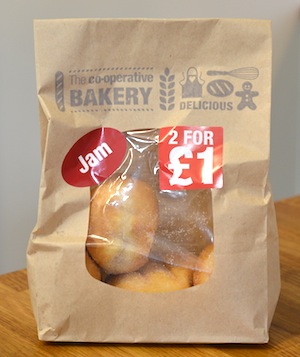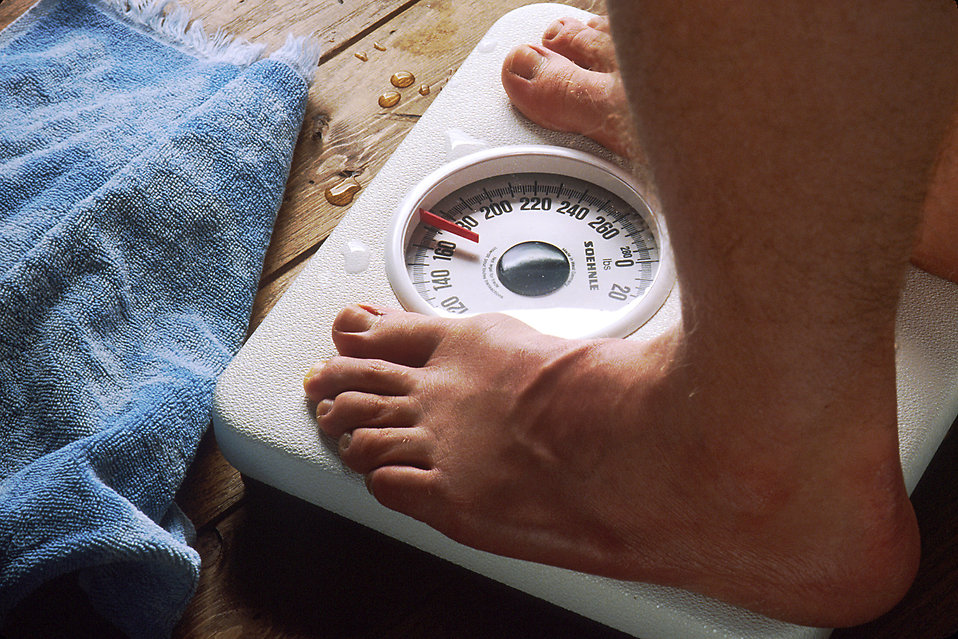Worried that going vegan will trigger disordered thinking about food? Elena Orde provides some advice to keep you mentally healthy when making the transition.
A large portion of my teenage years were spent struggling with calorie restriction, monitoring my food intake and obsessing over weight loss. This scenario is incredibly common – the charity Beat (Beating Eating Disorders) estimates that there are over 1.6 million people in the UK suffering from eating disorders. In my case, by the time I went to university I’d developed a much healthier relationship with food. Weight gain no longer scared me, and I no longer battled internally over what I was and wasn’t ‘allowed’.
Years later, after witnessing a self-righteous meat-eater lay into the concept of veganism, I did my own research and decided I had to go vegan. This was both exciting and daunting – I couldn’t wait to opt out of animal abuse, but I didn’t know if I could make it stick.
"Looking back, I wish that I had given myself some more time and not jumped in headfirst. This would have meant that my early days as a vegan weren’t overshadowed reliving issues I thought I had left behind."
So I got stuck in, putting a ‘V’ on each page of my planner for every day that was a success. But there was a problem. At this point I hadn’t taken the time to research the hundreds of vegan products that were readily available, or to learn about how to replace certain foods, how to plan meals, and how to keep full throughout the day. I misguidedly thought that veganism was about sacrifice, going without and saying ‘no’. Due to this, a familiar unhealthy mindset began to creep in – arguments and thought patterns which I now recognise were hangovers from my past of disordered eating. I didn’t recognise these warning signs for what they were because I was entirely focused on going vegan for the animals.
In no way do I want to give credence to the argument that veganism is an eating disorder – it absolutely isn’t. However, some of us need to take a little extra care of ourselves when making the transition to ensure that destructive habits don’t resurface. Luckily, once I learned more about veganism and vegan options, my unhealthy behaviours around food subsided, and haven’t returned. Looking back, I wish that I had given myself some more time and not jumped in headfirst. This would have meant that my early days as a vegan weren’t overshadowed reliving issues I thought I had left behind.
From my own experiences, I have put together some thoughts to ensure that anyone in a similar situation has a better chance of keeping themselves healthy and happy when making the transition.
1) Examine your motivations

Everyone has a different tipping-point for going vegan. Some take the leap based on compassion for animals, some find their way in on environmental grounds and some are seeking a healthier life for themselves. Any road which leads to veganism has the same positive effects, but if you’re predisposed to harbouring unhealthy thoughts about food it’s worth spending some time thinking objectively about why you want to transition.
It’s always best that your reasons for going vegan aren’t due to a desire to attain a particular body shape, to provide a ‘weight loss quick fix’, or as part of a rigid ‘clean eating’ diet. If you’re looking to get healthier that’s always good news, but it’s vital to remember that health is an umbrella term including mental as well as physical – so sometimes it really is healthier on balance to eat the cake.
If others are aware that you’ve struggled with disordered eating in the past, they may be sceptical about your motivations for going vegan. That’s OK – it shows that they’re alert and that they care about you. You don’t need to convince anyone of your choice to go vegan. Simply rest assured that they will understand that veganism is a healthy choice for you eventually.
"It’s vital to remember that health is an umbrella term including mental as well as physical – so sometimes it really is healthier on balance to eat the cake."
2) Go at your own pace

At no point should veganism feel like restriction. Going vegan doesn’t mean eating less, it means eating differently. You can’t go vegan simply by deleting the non-vegan products from the diet you followed before – it’s going to need some research and planning. My advice would be to hold off until you’ve gained enough knowledge to ensure that you don’t feel like you’re missing out. If you make the change gradually there will be a much higher chance that you’ll do it healthily, and that it can be a sustainable transition. It’s much better to go vegan slowly than to go all-in for a few weeks and become unwell or fall off the wagon.
Time and experience will give you everything you need to cope in any situation. Eating out? There are plenty of restaurants, cafes and pubs that will cater for you. On the go? Keep snacks in your bag, or know which shops offer vegan on-the-go meals. As far as you can, replace food you'd normally eat with a vegan option.
3) Don’t focus on weight or calories

If, like me, you’re a sucker for quantitative data, this is difficult. In my first few weeks as a vegan I slipped back into weighing myself daily, kidding myself that this was purely out of a healthy, scientific interest in whether a vegan diet was causing me to lose weight. This was a mistake. Daily weigh-ins aren’t a good idea, and don’t tell you anything worthwhile about yourself. Instead, refocus on important things like your energy levels and your mood.
Likewise, it’s not a good idea to track your calories if this may result in restrictive behaviour. If you’re concerned that you’re not getting enough, think about adding some healthy sources of fat such as nut butters and avocado. These dense sources of nutrition are particularly helpful for those of us who struggle with feelings of being ‘overly full’.
It’s important to monitor your thoughts and behaviours surrounding food in the early days of being vegan. Take time to check in with yourself, and to examine any destructive behaviours which may be presenting themselves. Being as truthful as possible with yourself is the key.
Remember that perfection isn’t part of the language of being vegan. Our beliefs are regularly compromised by living in a non-vegan world, and we’ve all accidentally eaten a non-vegan product, especially in the early days. If this happens, don’t be too hard on yourself – just carry on trying your best. Accept that you can’t be in control of absolutely everything, and know that it’s unhealthy to worry about this constantly.
For some people, veganism is a part of their recovery, and allows them to let go of notions of guilt surrounding food. Done right, going vegan is an exciting, liberating choice – something which benefits animals, the planet, other people, and ourselves. For many people, including those who have experienced disordered eating, it’s the best decision they ever make.
By Elena Orde
If this article has affected you, you can contact Beat’s (Beating Eating Disorders) helpline here.
The views expressed by our bloggers are not necessarily the views of The Vegan Society.

